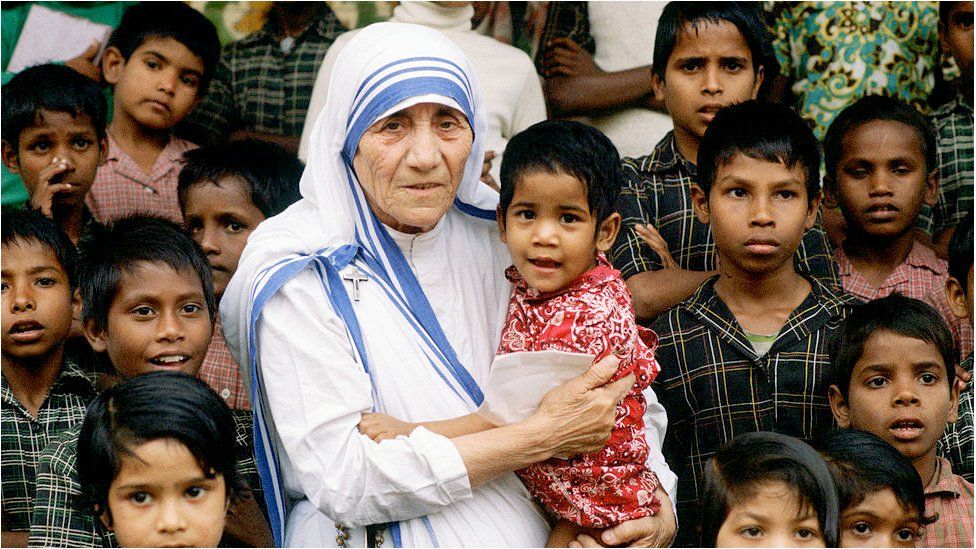 About 8 months ago I did a post about World Food Day where I mentioned microfinance (especially Kiva.org) as a great way of doing more useful things with donor funds.
About 8 months ago I did a post about World Food Day where I mentioned microfinance (especially Kiva.org) as a great way of doing more useful things with donor funds.
Skeptical fail: I applied an abysmal level of critical thinking to the area of charities/development. This was probably because of a deeper [common] pathology I had about the nature of charity. I retract that endorsement in its entirety, replacing it with a provisional question mark. As penance, I will go through my journey from the dark side, so that my idiocy can serve as an example.
Charity is often seen in terms of self-fulfilment. As a quick example, a friend of mine volunteers at a homeless shelter and was asking for friends to volunteer on Facebook. Her short status post ended with “very rewarding!” as the drawcard. I’m sure she wasn’t implying that the actual help you might do is not more important, it was probably too obvious even to mention. But it probably is affected by belonging to a culture which sees charities from almost a self-indulgent perspective.
If your goal is to feel good about yourself then all you need to do is hand over some money. It doesn’t matter too much who it’s to — only a handful of charities raise obvious red flags (eg. ones run by cults) but most have missions we’d largely agree with. It’s also not incumbent on the giver to be skeptical about the fact-claims that each charity presents. Of course if the most thing is actual help then you should be as skeptical for a $100 donation as you would be when buying a $100 gift for yourself.

And so I urge you to check out two sites: GiveWell and Good Intentions Are Not Enough. GiveWell is particularly eye-opening. It was started by former hedge fund managers who were used to doing due dilligence on companies before they’d invest. Wanting to make a difference, they decided to apply this to the charity world. Out of about 400 reviewed charities, based on the same principles, they only recommend 11. Kiva is certainly not one of them, here is a detailed list of posts about Kiva (that I’ve yet to read).
The vast majority of charities (ie. probably thousands that GiveWell looked at) do not provide nearly enough info to even be rated, so it was even an achievement to end up as one of the 400 charities that weren’t recommended but actually gave enough data. I’ll post a bit later about the specific issues involved, but GiveWell is the horse’s mouth.
The bottom line is that there are a lot of systemic problems with Kiva and the vast majority of charitable organisations. But I think the biggest systemic problem is with us as the donors. We do not expect charities to prove (1) that what they do works and (2) that any additional funds we provide will actually scale up. And so they don’t.
By giving to the wrong charity you are making the world far worse. The biggest thing you can do is to be doubly-careful to avoid the thought that the money you give magically translates into goodness and is proportional for it. The best ones are orders of magnitude better in terms of this efficiency. But even they have numbers that are different to the marketing pitches. The top-rated VillageReach has a cost of just under $1000 per infant death averted. Since most charities are much much less efficient, if you give modest sums over a few years to a random charity, you might well have not saved a single life or made a single bit of positive difference.




0 Comments